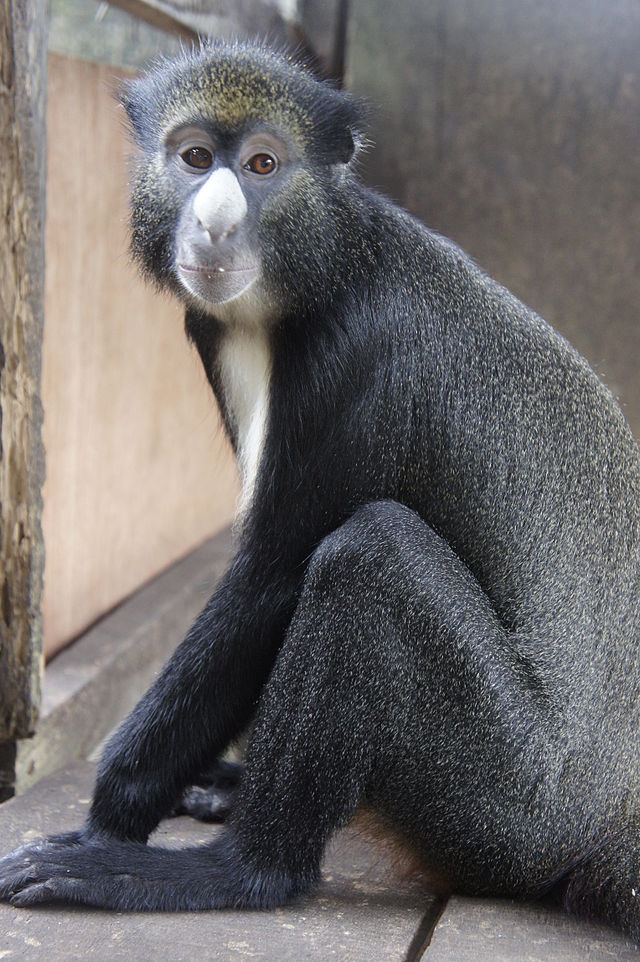Podcast
CO2's dangerous overlooked cousin, the origins of the southern hemisphere, why magnetic credit cards don't stick to the fridge and why so many white cats are deaf.

CO2's dangerous overlooked cousin, the origins of the southern hemisphere, why magnetic credit cards don't stick to the fridge and why so many white cats are deaf.
ANIMAL MODELS: Rhesus monkey social relationships reveal a link between stress and overeating, what the platypus genome can tell us about being a mammal, how an antidepressant restores vision in rats, negligent mother mice have abnormal brain chemistry, and fruit flies uncover secrets of aging and pain.
Scientists have sequenced the genome of the duck-billed platypus, a gold mine for genetic research.
EVOLUTION & EPIGENETICS: Lizards evolve new structures in record time, geographic gene expression in Moroccan Berbers, Tyrannosaurus rex protein confirms genetic link between dinosaurs and birds. Also: Assessing the health of the oceans.
Protein sequencing confirms the evolutionary relationships between dinosaurs and birds.
Conservation Update: A species map for Madagascar, captive tigers could revitalize wild populations, beetles that make deserts and cooling it with trees.
RADIATION: The world's most powerful laser, radiation dangers for astronauts, a new drug fights radiation poisoning, and the lifespan of the sun.
Scientists are taking lessons from tumor cells to fight the damaging effects of radiation and chemotherapy.
Our brains may get pleasure from high-calorie foods that has nothing to do with taste.
GENETICS & EVOLUTION: Exclusively human genes, transitional fossils, and the history of lefthandedness.
A listener asks: Have many transitional fossils showing evolutionary links between major groups of animals been found in the fossil record?
Scientists test whether predators really mistake the eyespots on the wings of some butterflies for real eyes.
We inherited most of our genes from our evolutionary ancestors. But a small percentage of genes only occur in humans. Scientists are just starting to find out how they make us who we are.
INSECTS & SPIDERS: Spiders play dead for sex, how to make a queen bee, foiling the mosquito's sense of smell, and a new treatment for Lyme disease.
Eating a toxic newt could kill a human, so why can some hungry snakes get away with it?

ENERGY NEWS: Electricity from bacteria, people power, thermoelectricity and what the sun is made of.
Researchers study the views of identical twins to investigate whether genetics plays a role in political preferences.
